As if to remind soccer's power brokers that North and South Korea are still technically at war after their 1950-53 conflict ended in a ceasefire, not a peace treaty, tension has escalated again in the last week.
Taking the World Cup back to South Korea in 2022, 20 years after it was jointly staged there with Japan, would again present soccer's governing body FIFA with dilemmas over the fractured and difficult relationship between South and North Korea.
As if to remind soccer's power brokers that North and South Korea are still technically at war after their 1950-53 conflict ended in a ceasefire, not a peace treaty, tension has escalated again in the last week.
North Korea fired dozens of artillery shells at a South Korean island off the North''s coast, killing two civilians and two soldiers.
After the South responded by beginning joint military exercises with the United States in waters off the Korean peninsula, the North placed surface-to-surface missiles on launch pads in the Yellow Sea.
FIFA president Sepp Blatter had previously praised the South Korean tender for potentially having the power to reunite the divided peninsula and help to ease political tensions in the region.
"I will be very, very happy to use the power of the World Cup and the power of football to help solve this (problem)," Blatter said on a recent visit to South Korea.
Inter-Korean relations also suffered earlier this year when a South Korean warship was torpedoed off the west coast, near the disputed border.
Whether FIFA, or soccer or the World Cup, can do anything to bring the two nations closer together is an unanswerable question.
However there is no doubt that the country's astonishing run to the 2002 World Cup semi-finals as co-hosts -- and the frenzied support of their 'Red Devil' fans -- added a fairytale twist to that tournament and proved the World Cup could unite people.
Technology leader
The United States, Australia, Japan and Qatar all have shorter odds as potential hosts but FIFA could be rewarded with a spectacular return if they take the plunge and opt for South Korea.
Dynamic, fun and a world leader in technology, South Korea presents soccer's leaders with a spicy alternative to its 2022 rivals when they vote in Zurich on Thursday.
It boasts excellent infrastructure and easy accessibility for its hi-tech stadiums.
Both Koreas qualified for this year's World Cup, with the South reaching the last 16 while the North were overpowered in the first round on their first appearance since 1966.
The chairman of South Korea's bidding committee, Han Sung-joo, said the country planned to stage a handful of games in North Korea if it won the hosting rights.
Having become the first Asian side to reach the World Cup semi-finals, South Korea have a superior pedigree to any of their rival bidders.
With its state-of-the-art 2002 stadium still in pristine condition and some of the most fervent support in the world, a South Korean World Cup would have all the ingredients for success.
On the downside, the proximity to the 2002 finals is likely to be a telling factor -- while the uneasy relationship with the northern half of the peninsula is far from helpful.
![submenu-img]() Verantes Living Awarded as India’s No.1 Stainless Steel Modular Kitchen Brand
Verantes Living Awarded as India’s No.1 Stainless Steel Modular Kitchen Brand![submenu-img]() Narayana Murthy’s Infosys set to invest Rs 170000000 in this startup
Narayana Murthy’s Infosys set to invest Rs 170000000 in this startup![submenu-img]() 'Towards reducing pollution..': Delhi govt approves replacement, induction of electric vehicles in 'Gramin Sewa'
'Towards reducing pollution..': Delhi govt approves replacement, induction of electric vehicles in 'Gramin Sewa'![submenu-img]() Discover Stainless France, the Leading Supplier of Cobalt Chrome
Discover Stainless France, the Leading Supplier of Cobalt Chrome![submenu-img]() Kritika Kamra says men should take responsibility for fighting sexism: 'There's a thin line between...'
Kritika Kamra says men should take responsibility for fighting sexism: 'There's a thin line between...'![submenu-img]() 'दीदी' को हिंदू त्योहारों से दिक्कत? West Bengal में मुहर्रम पर कॉरिडोर बनवाया, 112 फुट ऊंचे दुर्गा पूजा पंडाल का काम रुकवाया, जानें पूरा विवाद
'दीदी' को हिंदू त्योहारों से दिक्कत? West Bengal में मुहर्रम पर कॉरिडोर बनवाया, 112 फुट ऊंचे दुर्गा पूजा पंडाल का काम रुकवाया, जानें पूरा विवाद![submenu-img]() Israel Hezbollah War: हिजबुल्लाह चीफ दे रहा था टीवी पर धमकी, तभी इजरायली विमानों ने कर दी लेबनान में एयर स्ट्राइक
Israel Hezbollah War: हिजबुल्लाह चीफ दे रहा था टीवी पर धमकी, तभी इजरायली विमानों ने कर दी लेबनान में एयर स्ट्राइक![submenu-img]() कोलकाता रेप-मर्डर केस में जूनियर डॉक्टरों की हड़ताल खत्म, इस दिन से काम पर लौटने का किया फैसला
कोलकाता रेप-मर्डर केस में जूनियर डॉक्टरों की हड़ताल खत्म, इस दिन से काम पर लौटने का किया फैसला![submenu-img]() तिरुपति मंदिर के प्रसाद में मिलाई जानवर की चर्बी? सीएम चंद्रबाबू नायडू के दावे पर मचा बवाल, जानिए क्या कहती है लैब रिपोर्ट
तिरुपति मंदिर के प्रसाद में मिलाई जानवर की चर्बी? सीएम चंद्रबाबू नायडू के दावे पर मचा बवाल, जानिए क्या कहती है लैब रिपोर्ट![submenu-img]() New Corona Variant: तेजी से फैल रहा कोरोना का नया XEC वेरिएंट, 27 देशों में मिले मरीज, क्या फिर दिखेगा 2020 जैसा खौफनाक नजारा?
New Corona Variant: तेजी से फैल रहा कोरोना का नया XEC वेरिएंट, 27 देशों में मिले मरीज, क्या फिर दिखेगा 2020 जैसा खौफनाक नजारा?![submenu-img]() Ford to return to India after 2 years with reopening of....
Ford to return to India after 2 years with reopening of....![submenu-img]() Maruti Suzuki launches new Swift CNG, check price, mileage, other features
Maruti Suzuki launches new Swift CNG, check price, mileage, other features![submenu-img]() ‘30 LPA, 3BHK, no in-laws’: Woman earning Rs 1.32 lakh salary lists demands for future husband, netizens say...
‘30 LPA, 3BHK, no in-laws’: Woman earning Rs 1.32 lakh salary lists demands for future husband, netizens say...![submenu-img]() In a big EV push, Centre launches Rs 10900 crore PM E-Drive scheme to replace…
In a big EV push, Centre launches Rs 10900 crore PM E-Drive scheme to replace…![submenu-img]() World’s longest car has helipad, swimming pool, mini-golf course, can seat over…; it cost…
World’s longest car has helipad, swimming pool, mini-golf course, can seat over…; it cost…![submenu-img]() Meet IPS officer who has resigned after serving for 18 yrs due to...
Meet IPS officer who has resigned after serving for 18 yrs due to...![submenu-img]() Meet Indian man, who got hired whopping Rs 12000000 crore salary job, not from IIT, IIM he is...
Meet Indian man, who got hired whopping Rs 12000000 crore salary job, not from IIT, IIM he is...![submenu-img]() Meet woman who left medical career for UPSC exam , became IPS with AIR 165 then left job due to...
Meet woman who left medical career for UPSC exam , became IPS with AIR 165 then left job due to...![submenu-img]() Meet man, who left NDA due to depression, then cracked UPSC exam to become IAS officer, his AIR was...
Meet man, who left NDA due to depression, then cracked UPSC exam to become IAS officer, his AIR was...![submenu-img]() Meet youngest CEO of India, who created first app at 9, began his own company at 13, now he is…
Meet youngest CEO of India, who created first app at 9, began his own company at 13, now he is…![submenu-img]() Congress President Kharge Slams & Opposes 'One Nation, One Election' Proposal, Calls It Impractical
Congress President Kharge Slams & Opposes 'One Nation, One Election' Proposal, Calls It Impractical![submenu-img]() Why 'One Nation One Election' Is important? Ashwini Vaishnaw Explains After It Gets Cabinet Approval
Why 'One Nation One Election' Is important? Ashwini Vaishnaw Explains After It Gets Cabinet Approval![submenu-img]() Jammu Kashmir Assembly Election 2024 Phase 1 Highlights: What Happened In First phase In J&K Polls?
Jammu Kashmir Assembly Election 2024 Phase 1 Highlights: What Happened In First phase In J&K Polls?![submenu-img]() One Nation One Election: Centre Clears Proposal, Bill To Be Introduced In Winter Session | Modi 3.0
One Nation One Election: Centre Clears Proposal, Bill To Be Introduced In Winter Session | Modi 3.0![submenu-img]() Haryana Elections 2024: Is BJP Set To Lose In Haryana? Anti-Incumbency And Other Factors Analysed
Haryana Elections 2024: Is BJP Set To Lose In Haryana? Anti-Incumbency And Other Factors Analysed![submenu-img]() Verantes Living Awarded as India’s No.1 Stainless Steel Modular Kitchen Brand
Verantes Living Awarded as India’s No.1 Stainless Steel Modular Kitchen Brand![submenu-img]() Narayana Murthy’s Infosys set to invest Rs 170000000 in this startup
Narayana Murthy’s Infosys set to invest Rs 170000000 in this startup![submenu-img]() Discover Stainless France, the Leading Supplier of Cobalt Chrome
Discover Stainless France, the Leading Supplier of Cobalt Chrome![submenu-img]() ITR filing: Haven’t received your income tax refund yet? Here’s what you should do
ITR filing: Haven’t received your income tax refund yet? Here’s what you should do![submenu-img]() Meet ‘delivery boy’ who beats Mukesh Ambani in world’s billionaire list, his net worth is…
Meet ‘delivery boy’ who beats Mukesh Ambani in world’s billionaire list, his net worth is…![submenu-img]() In pics: Saiyami Kher conquers Ironman triathlon in Germany, swims, cycles, runs to complete endurance races
In pics: Saiyami Kher conquers Ironman triathlon in Germany, swims, cycles, runs to complete endurance races![submenu-img]() Meet IAS officer, who cracked in UPSC exam along with full-time job, her AIR was...
Meet IAS officer, who cracked in UPSC exam along with full-time job, her AIR was...![submenu-img]() In pics | India vs Bangladesh 1st Test, Day 1
In pics | India vs Bangladesh 1st Test, Day 1![submenu-img]() From Mechuka to Hayuliang village: Explore lesser-known destinations of Arunachal Pradesh
From Mechuka to Hayuliang village: Explore lesser-known destinations of Arunachal Pradesh![submenu-img]() From Simlipal National Park to Mahendragiri: Top 6 hidden gems to discover in Odisha
From Simlipal National Park to Mahendragiri: Top 6 hidden gems to discover in Odisha![submenu-img]() 'Towards reducing pollution..': Delhi govt approves replacement, induction of electric vehicles in 'Gramin Sewa'
'Towards reducing pollution..': Delhi govt approves replacement, induction of electric vehicles in 'Gramin Sewa'![submenu-img]() More trouble for ex-RG Kar principal Sandip Ghosh, Bengal medical body now...
More trouble for ex-RG Kar principal Sandip Ghosh, Bengal medical body now...![submenu-img]() Tirupati Laddu row: Lab report confirms prasada contains beef fat, fish oil
Tirupati Laddu row: Lab report confirms prasada contains beef fat, fish oil![submenu-img]() Delhi: Water supply to be shut down in capital for 12 hours tomorrow due to…; check list of affected areas
Delhi: Water supply to be shut down in capital for 12 hours tomorrow due to…; check list of affected areas![submenu-img]() FATF says India faces severe 'terrorist financing threats' from...
FATF says India faces severe 'terrorist financing threats' from...


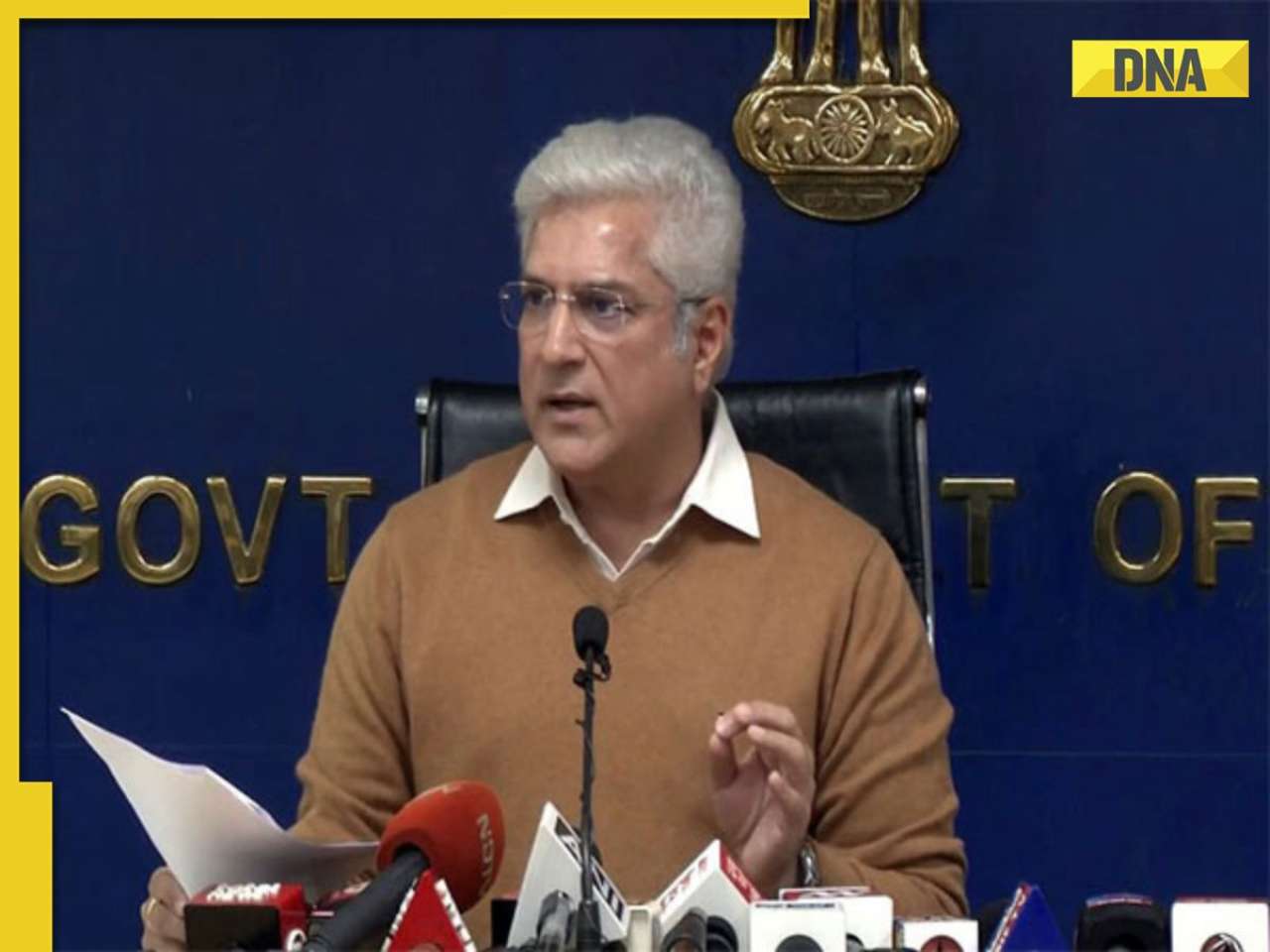






















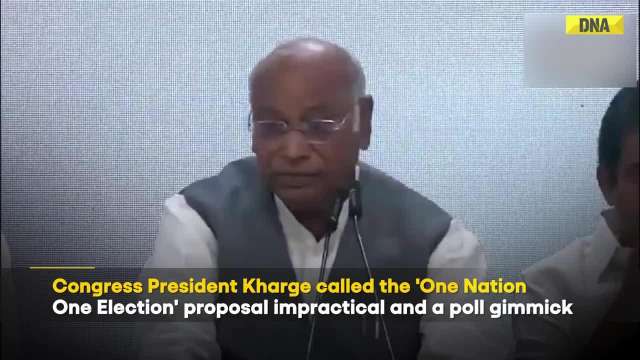
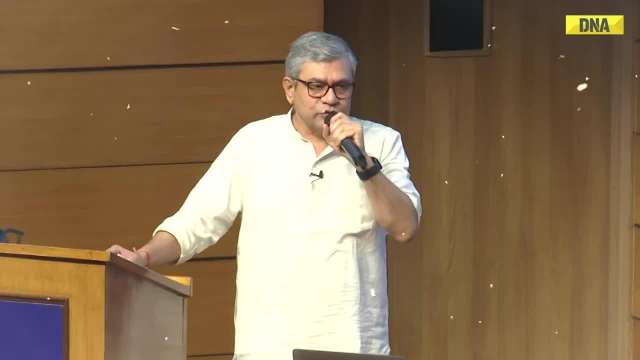
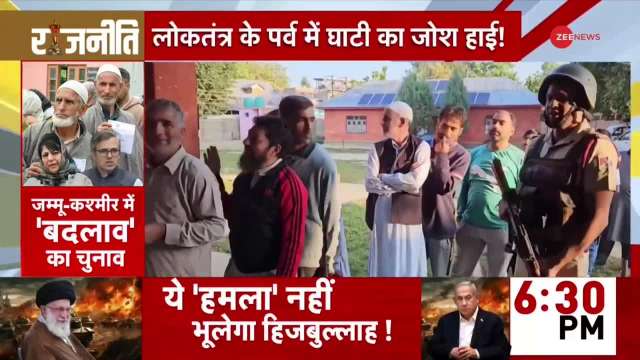
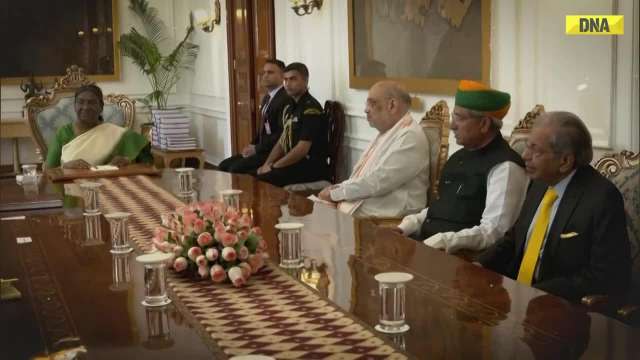


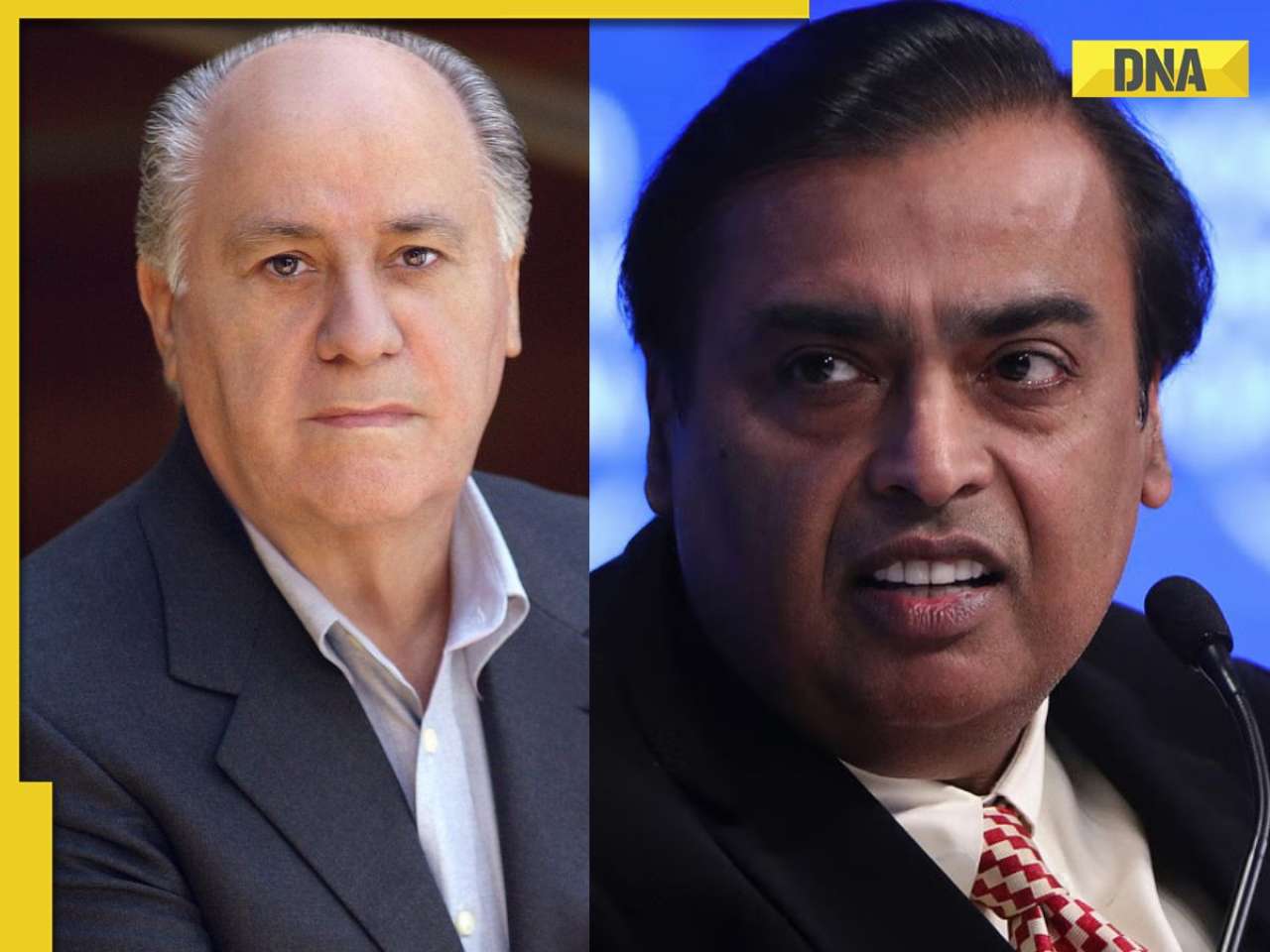








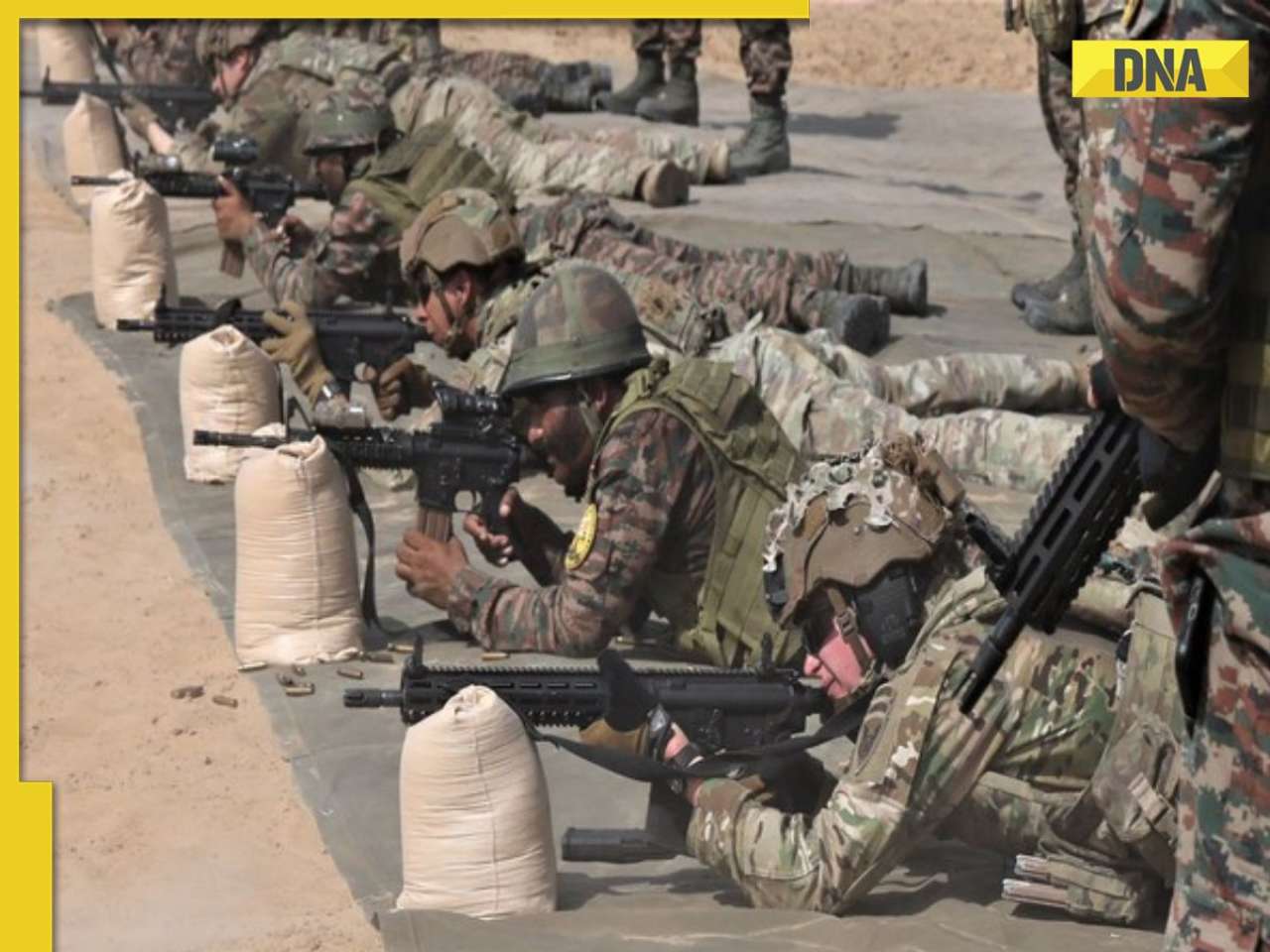


)
)
)
)
)
)
)
)
)
)
)
)
)
)





)
)
)
)
)
)